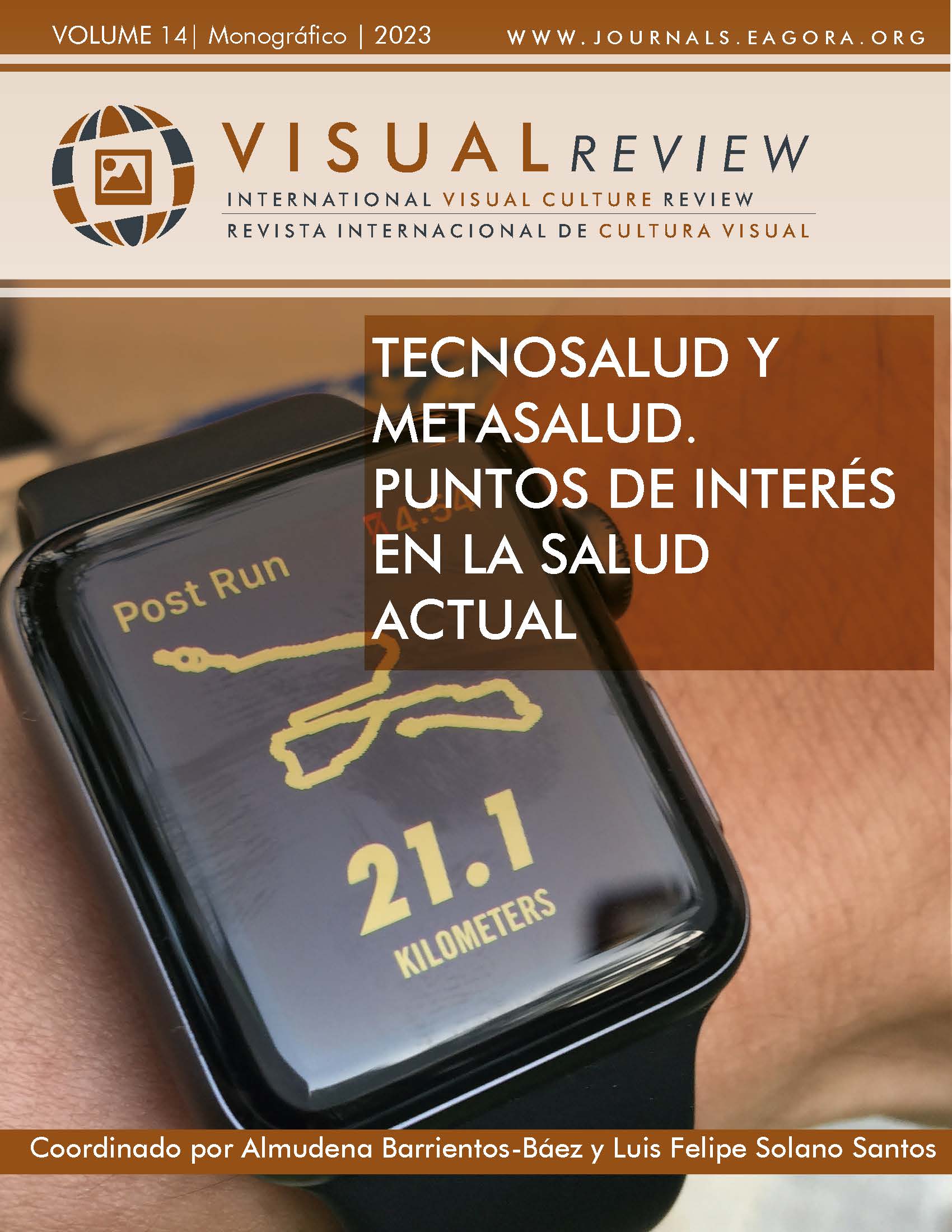COVID-19 and homeschooling: factors of burden in women
DOI:
https://doi.org/10.37467/revvisual.v14.4971Keywords:
Woman, Care Tasks, Education, Overload, Mother, Gender RoleAbstract
The pandemic has increased the burden of household work for everyone, but women have been especially hard hit because of their traditional role as caregivers. As schools and childcare services closed, women were forced to assume responsibility for the education and care of children and other family members. In addition, increased economic uncertainty has led to women being primarily responsible for finding work and providing income for their families.
Downloads
Global Statistics ℹ️
|
476
Views
|
239
Downloads
|
|
715
Total
|
|
References
Ávila, C., Carranza, J., Forero, A., Rodríguez, A. (2017). Educación en casa y creatividad Título de la tesis [Trabajo de grado]. Universidad católica de Colombia.
Basham, P., Merrifield, J., Hepburn, C. (2007). Educación en el hogar: de lo extremo a lo convencional. Instituto fraser.
Encuesta Nacional de Uso del Tiempo DANE (ENUT). (2021.). https://www.dane.gov.co/index.php/estadisticas-por-tema/pobreza-y-condiciones-de-vida/encuesta-nacional-del-uso-del-tiempo-enut
El tiempo, (2021, marzo 23). Pandemia ha elevado la carga de trabajo doméstico en la mujer. Pandemia ha elevado la carga de trabajo doméstico en la mujer. https://proy.eltiempo.com/economia/sectores/conozca-cuanto-tiempo-se-le-dedica-mas-al-trabajo-domestico-por-el-covid-575583
Federici, S. (2013). Revolución en punto cero trabajos domésticos, reproducción y luchas feministas. Traficante de sueños mapas. https://maguared.gov.co/
León, A. (2007). Qué es la educación. Educere, 11(39), 595-604.
Molina, M. E. (2006). Transformaciones Histórico-Culturales del Concepto de Maternidad y sus Repercusiones en la Identidad de la Mujer. Psykhe (Santiago), 15(2), 93-103 DOI: https://doi.org/10.4067/S0718-22282006000200009
Noticias Caracol (2020, 15 julio). Mujeres, las más perjudicadas en crisis económica por el COVID-19: DANE. https://noticias.caracoltv.com/economia/mujeres-las-mas-perjudicadas-en-crisis-economica-por-el-covid-19-dane
Noticias Caracol (2020, noviembre 6). “No esperes que te lo pidan”: campaña les recuerda a hombres que su ‘ayuda’ en el hogar es un deber. https://noticias.caracoltv.com/lomastrinado/no-esperes-que-te-lo-pidan-campana-les-recuerda-a-hombres-que-su-ayuda-en-el-hogar-es-un-deber?utm_medium=Social_EB&utm_source=Facebook&fbclid=IwAR3UEF3sZGKEp-immaj-AI6Bzz-Ez1_UZdCu2NAtLvFafulJEVekrrK84aw#Echobox=1604712316
Noticias Caracol (2020, octubre 22). Efectos que pandemia ha causado en salud mental de los colombianos: mujeres son las más afectadas. https://noticias.caracoltv.com/salud/estragos-que-pandemia-ha-causado-en-salud-mental-de-los-colombianos-mujeres-son-las-mas-afectadas?utm_medium=Social_EB&utm_source=Facebook&fbclid=IwAR3gShwTfLsavZr2IShkpzxmbk2VgY-PJfzffjnqlcPs1dqop5qu892lAh4#Echobox=1603394864
Noticias RCN (2020, mayo 30). Mujeres, las más afectadas por el desempleo en Colombia. https://www.noticiasrcn.com/economia/mujeres-las-mas-afectadas-por-el-desempleo-en-colombia-357689
ONU mujeres Colombia (20 de mayo de 2020). ONU mujeres Colombia. Recuperado de: https://colombia.unwomen.org/es/biblioteca/publicaciones/2020/01/cuidado-no-remunerado-en-colombia
Pandemia ha elevado la carga de trabajo doméstico en la mujer. https://proy.eltiempo.com/economia/sectores/conozca-cuanto-tiempo-se-le-dedica-mas-al-trabajo-domestico-por-el-covid-575583
Torres-Avendaño, B., Agudelo-Cifuentes, M. C., Pulgarin-Torres, Á. M., & Berbesi-Fernández, D. Y. (2018). Factores asociados a la sobrecarga en el cuidador primario. Medellín, 2017. Universidad y Salud, 20(3), 261-269. DOI: https://doi.org/10.22267/rus.182003.130
Valverde, K. B., & Cubero, M. F. C. (2014). La maternidad como un constructo social determinante en el rol de la feminidad. Wímb lu, 9(1), 29-42. DOI: https://doi.org/10.15517/wl.v9i1.15248
Zayas Pérez, Federico y Rodríguez Arroyo, Angélica Teresa (2010). EDUCACIÓN Y EDUCACIÓN ESCOLAR. Revista Electrónica “Actualidades Investigativas en Educación”, 10 (1), 1-21. Disponible en: https://www.redalyc.org/articulo.oa?id=44713068014 DOI: https://doi.org/10.15517/aie.v10i1.10097
Downloads
Published
How to Cite
Issue
Section
License
Those authors who publish in this journal accept the following terms:
-
Authors retain copyright.
-
Authors transfer to the journal the right of first publication. The journal also owns the publishing rights.
-
All published contents are governed by an Attribution-NoDerivatives 4.0 International License.
Access the informative version and legal text of the license. By virtue of this, third parties are allowed to use what is published as long as they mention the authorship of the work and the first publication in this journal. If you transform the material, you may not distribute the modified work. -
Authors may make other independent and additional contractual arrangements for non-exclusive distribution of the version of the article published in this journal (e.g., inclusion in an institutional repository or publication in a book) as long as they clearly indicate that the work was first published in this journal.
- Authors are allowed and recommended to publish their work on the Internet (for example on institutional and personal websites), following the publication of, and referencing the journal, as this could lead to constructive exchanges and a more extensive and quick circulation of published works (see The Effect of Open Access).














